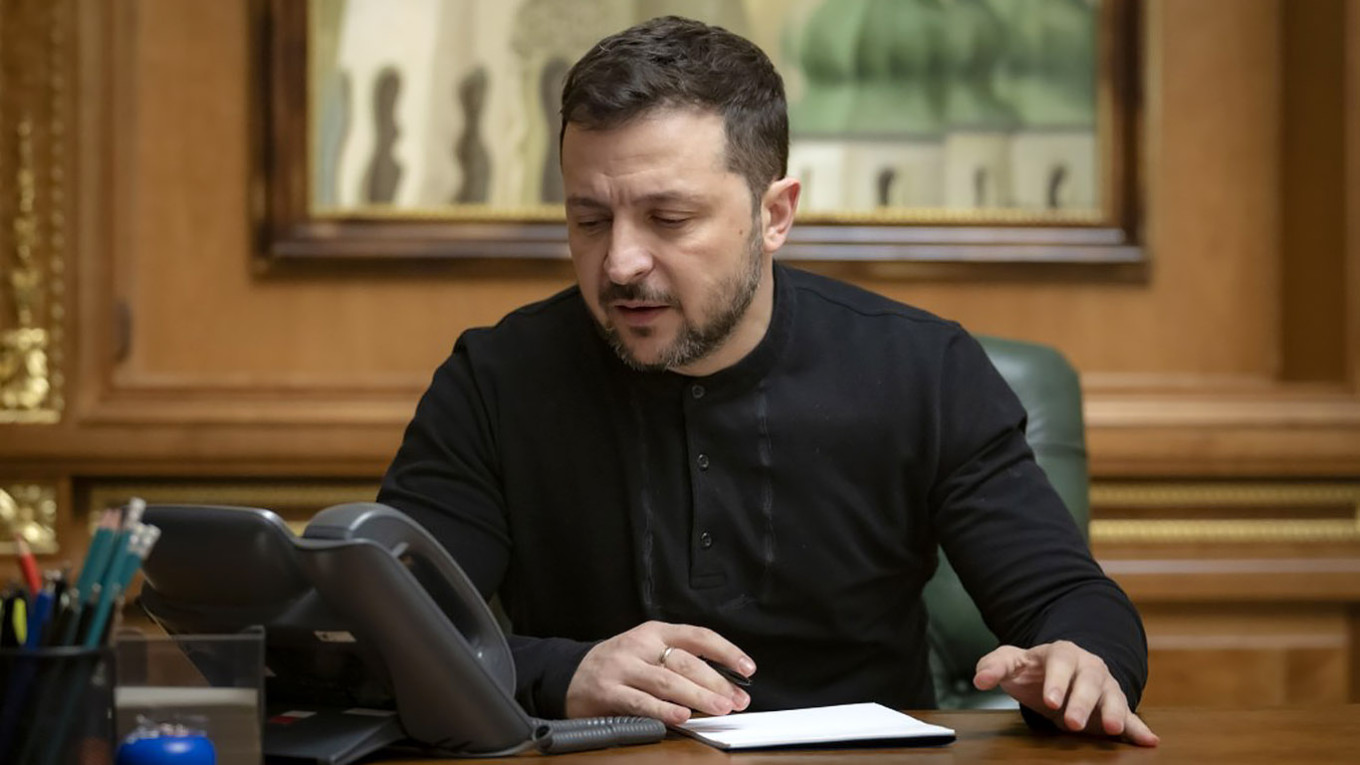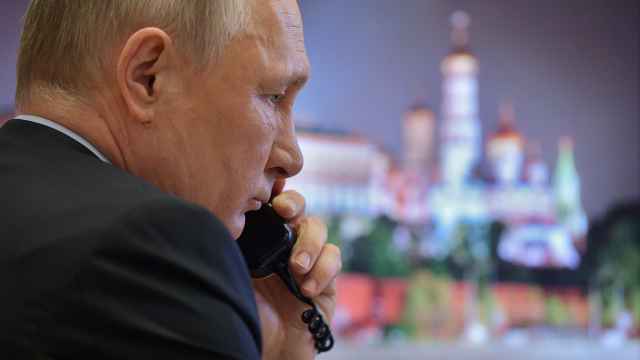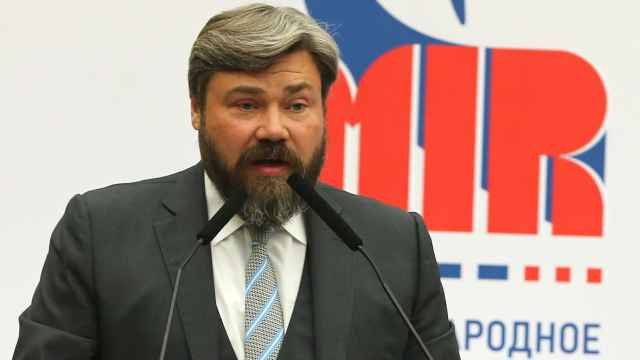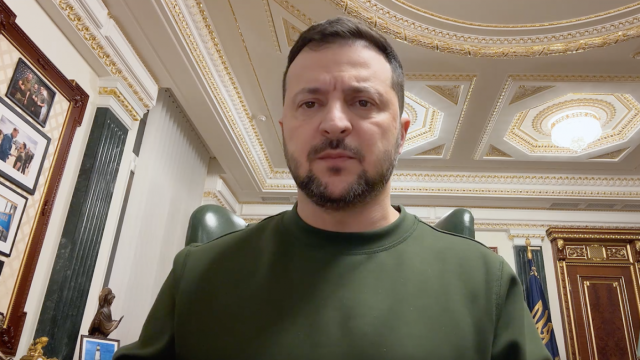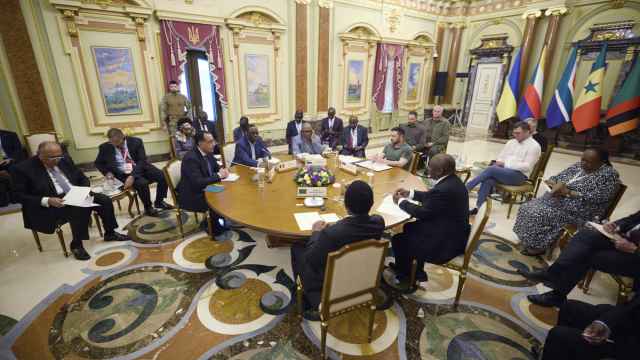Ukrainian President Volodymyr Zelensky said Thursday that it was "not very pleasant" that U.S. President Donald Trump spoke with Russia's Vladimir Putin before calling him.
Zelensky said Trump had told him he had wanted to speak with both leaders simultaneously, though he did not elaborate on why that did not happen. He said he believed that Ukraine remains a priority for Washington.
The remarks came as Zelensky and senior Ukrainian officials held meetings with Trump allies in Kyiv, Brussels and at the Munich Security Conference in Germany.
"The Ukraine-America meetings are a priority for us," the Ukrainian president said. "And only after such meetings, after a plan to stop Putin has been worked out, I think it is fair to talk to the Russians."
On Wednesday, Trump said that he held a "lengthy and highly productive phone call" with Putin, adding that the two agreed to begin ceasefire negotiations for the war in Ukraine.
That phone call, along with Trump's remarks that Ukraine is unlikely to reclaim all of its lost territory or achieve NATO membership as part of any potential settlement, have stunned European officials and raised concerns that Kyiv may be sidelined in discussions about its own future.
Zelensky said he had also spoken with Trump on Wednesday, describing the call as "meaningful" and broad discussion. He added that he had warned the U.S. leader that without security guarantees, Russia was likely to attack Ukraine again.
On Thursday, the EU's top diplomat slammed the White House for sidelining Ukraine and engaging with Russia’s Vladimir Putin without consulting Kyiv or Europe.
"There’s an agreement being made behind our backs that simply will not work," said Kaja Kallas, the EU's foreign policy chief. "For any kind of agreement, you need Europeans to implement it, you need Ukrainians to implement it."
AFP contributed reporting.
A Message from The Moscow Times:
Dear readers,
We are facing unprecedented challenges. Russia's Prosecutor General's Office has designated The Moscow Times as an "undesirable" organization, criminalizing our work and putting our staff at risk of prosecution. This follows our earlier unjust labeling as a "foreign agent."
These actions are direct attempts to silence independent journalism in Russia. The authorities claim our work "discredits the decisions of the Russian leadership." We see things differently: we strive to provide accurate, unbiased reporting on Russia.
We, the journalists of The Moscow Times, refuse to be silenced. But to continue our work, we need your help.
Your support, no matter how small, makes a world of difference. If you can, please support us monthly starting from just $2. It's quick to set up, and every contribution makes a significant impact.
By supporting The Moscow Times, you're defending open, independent journalism in the face of repression. Thank you for standing with us.
Remind me later.


